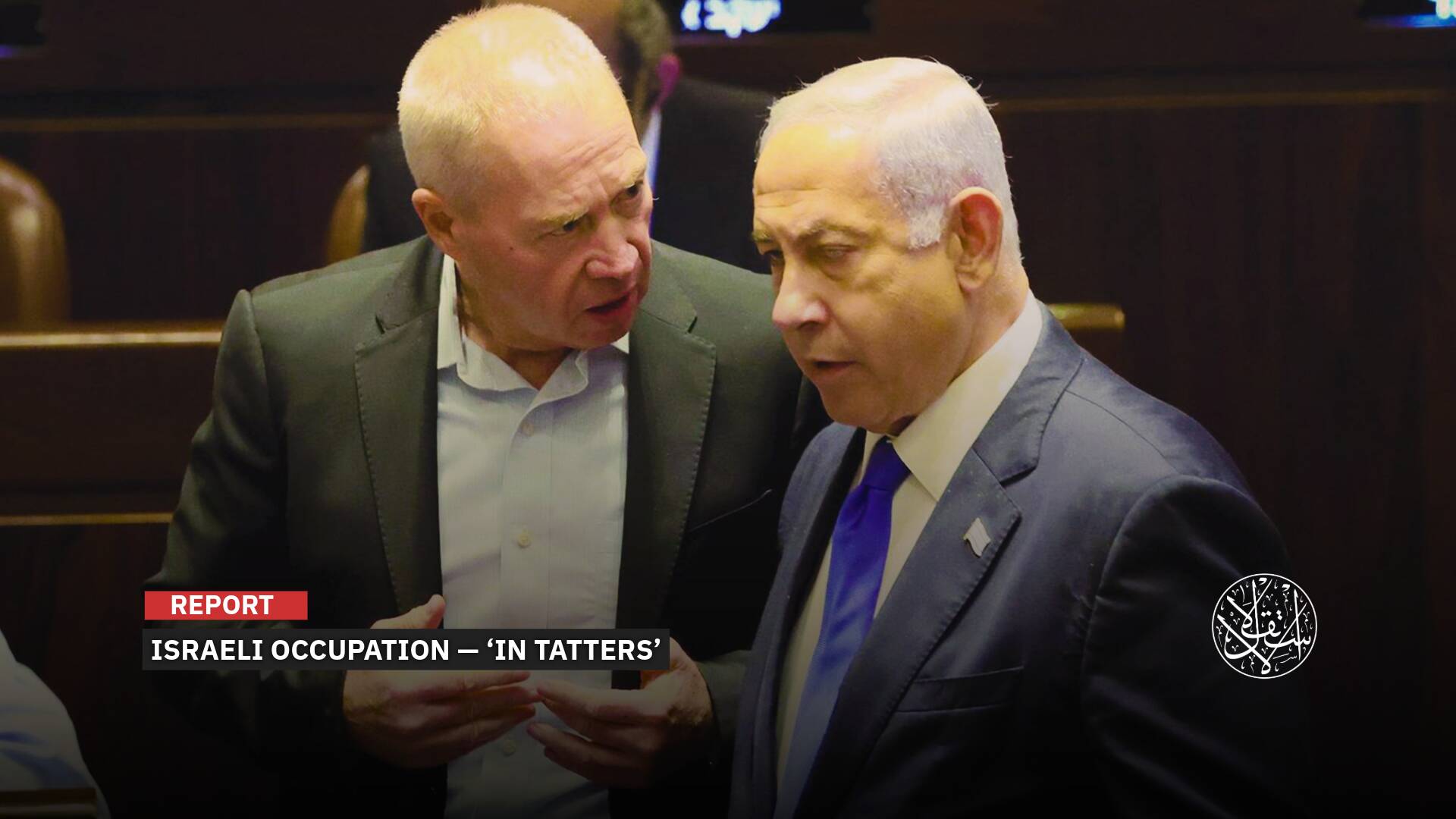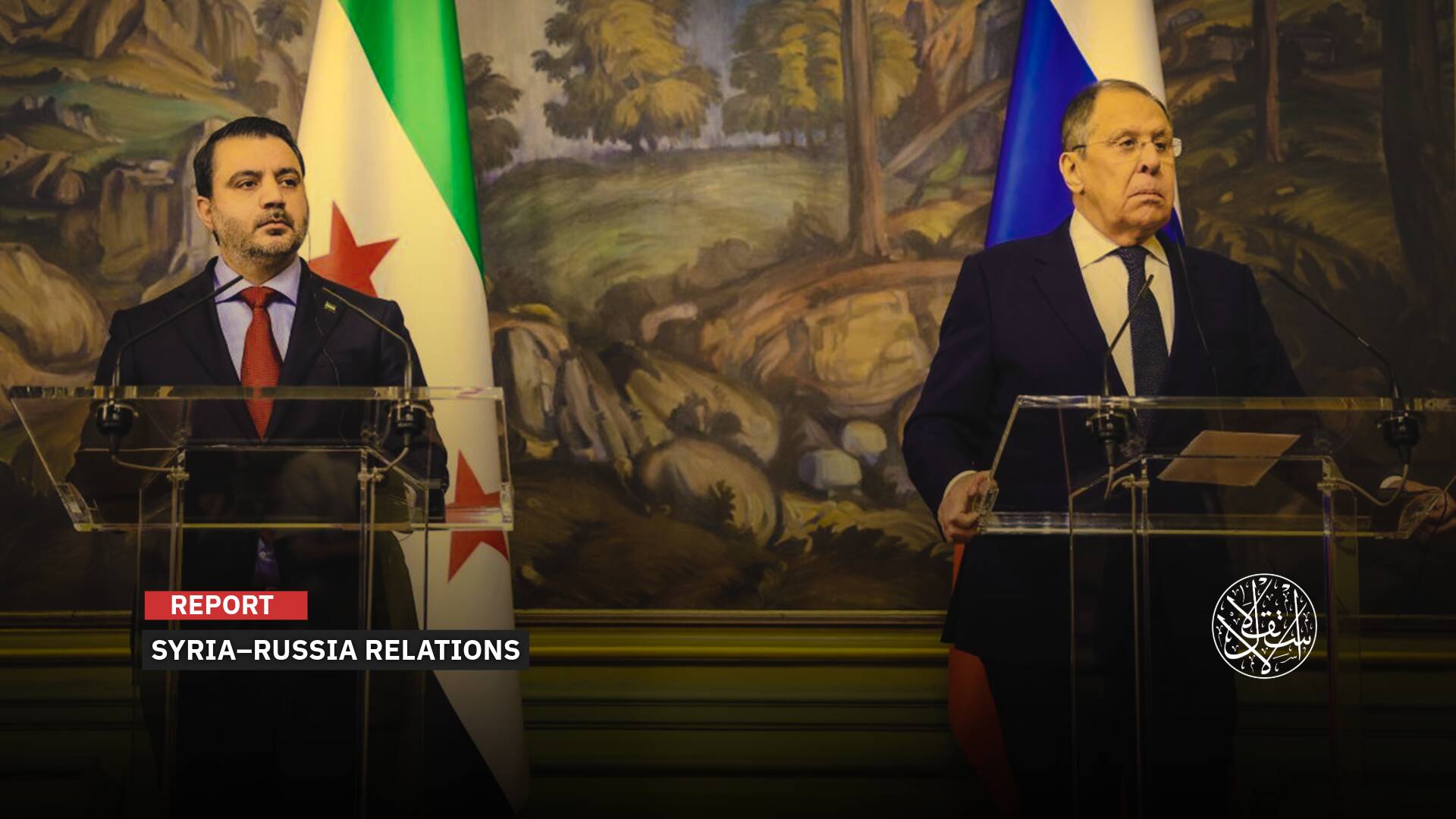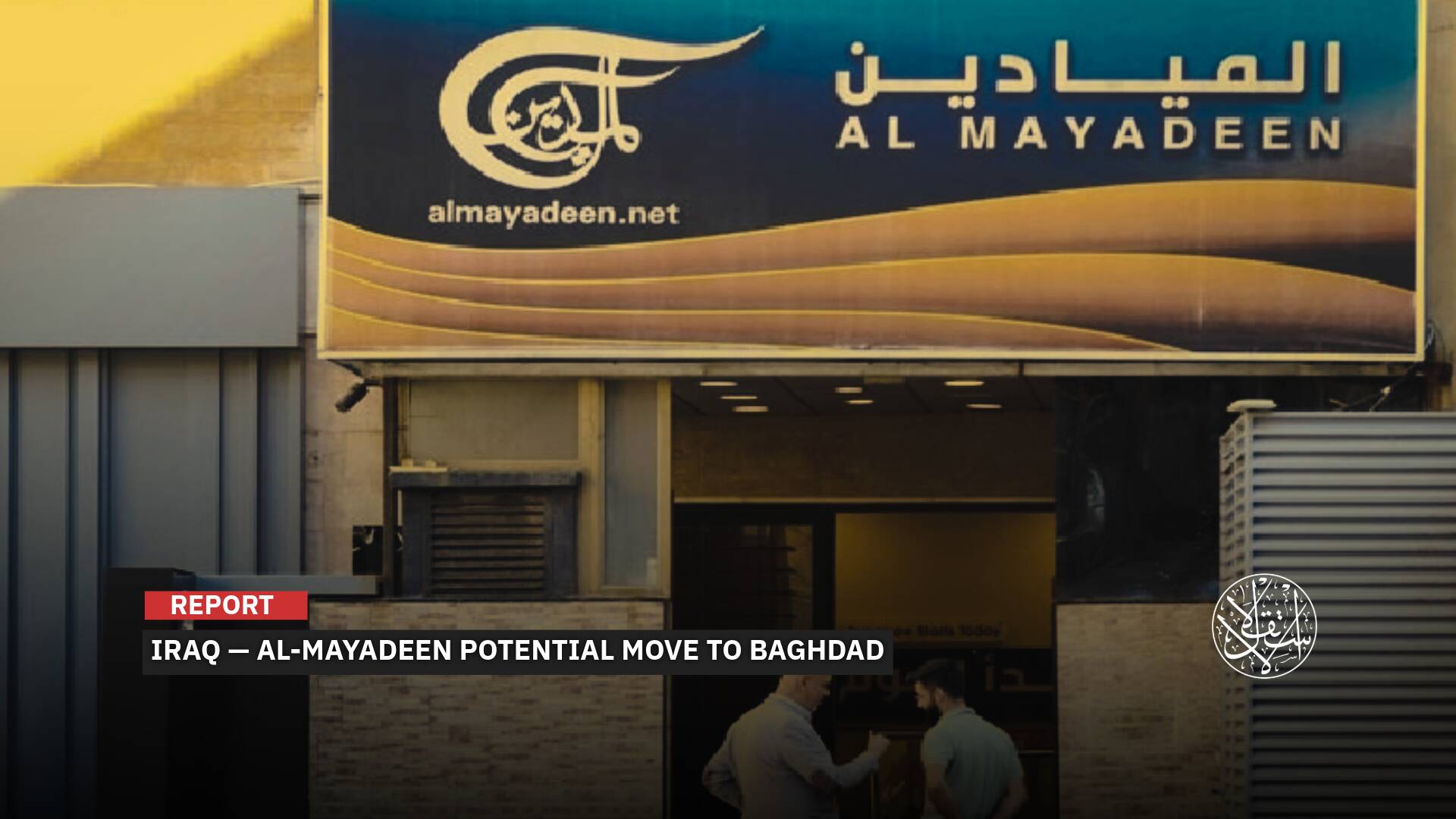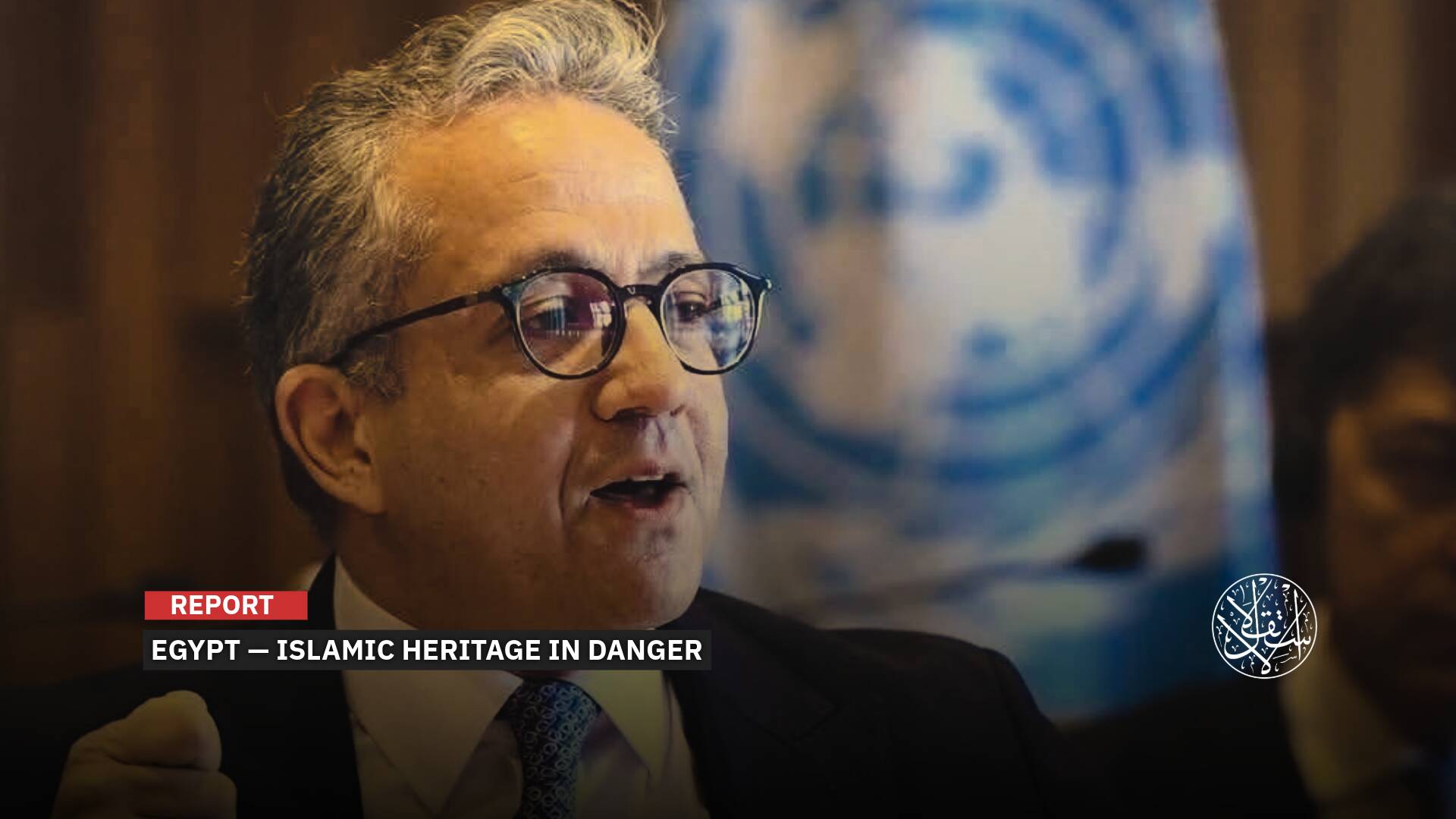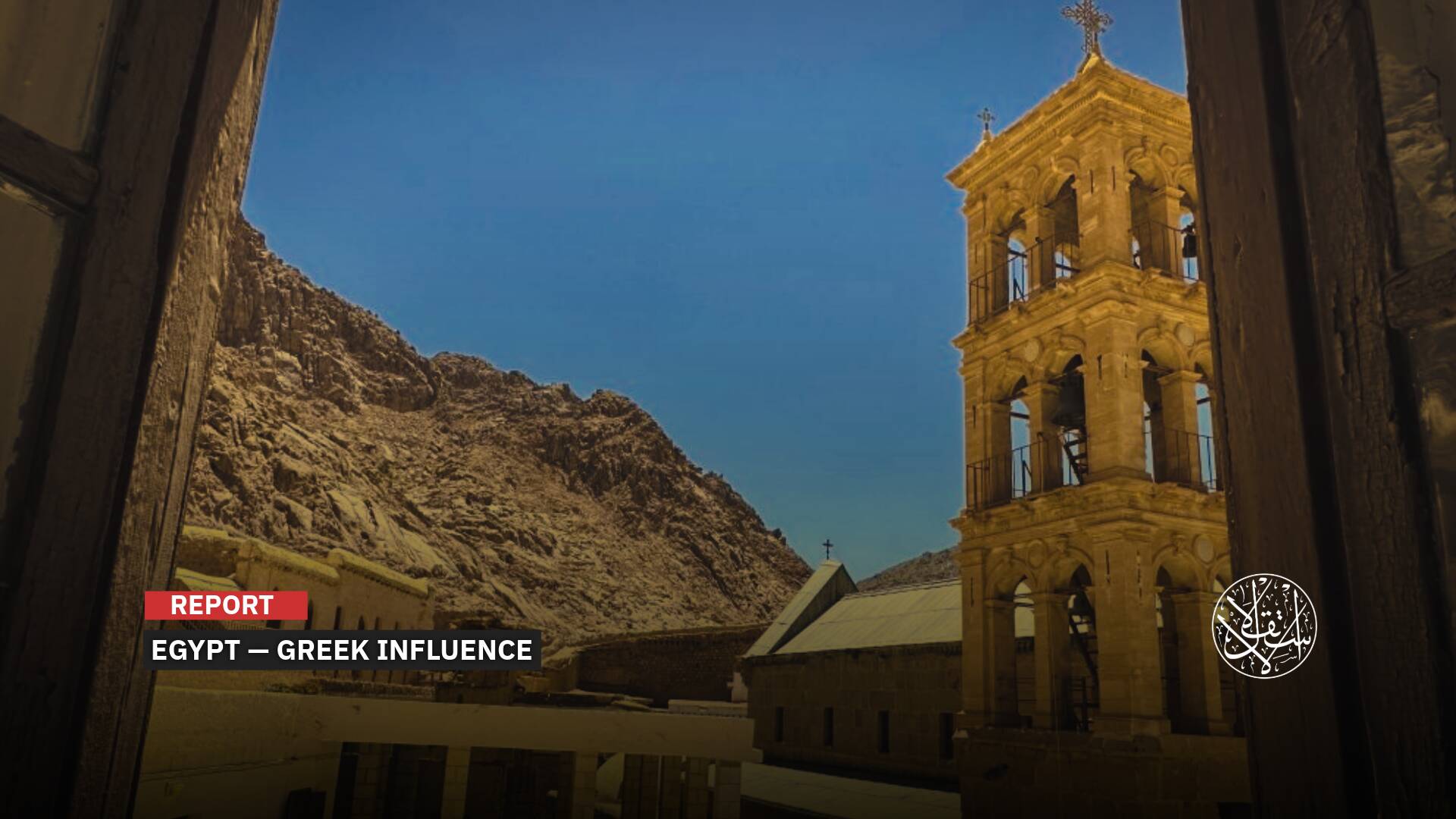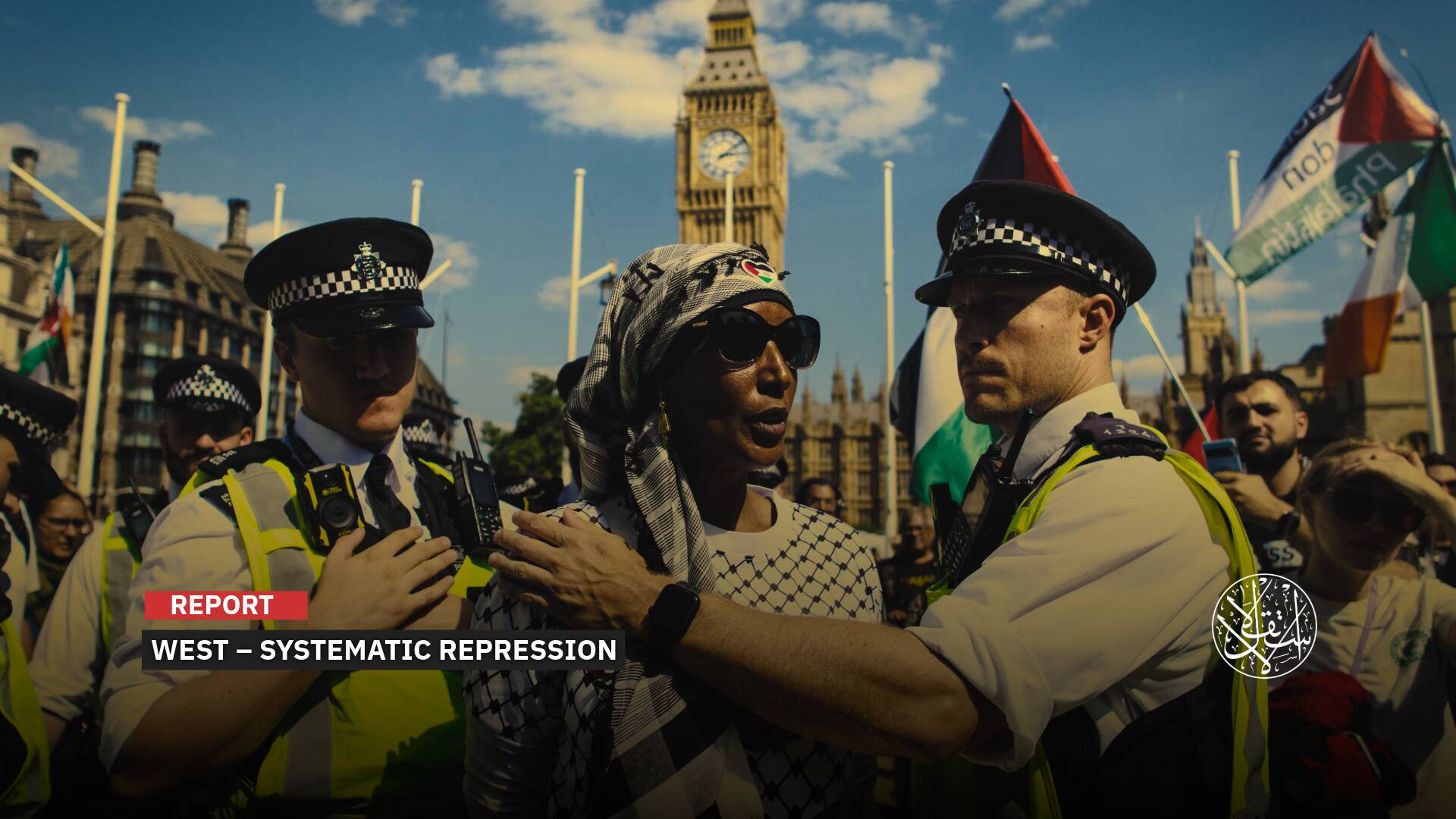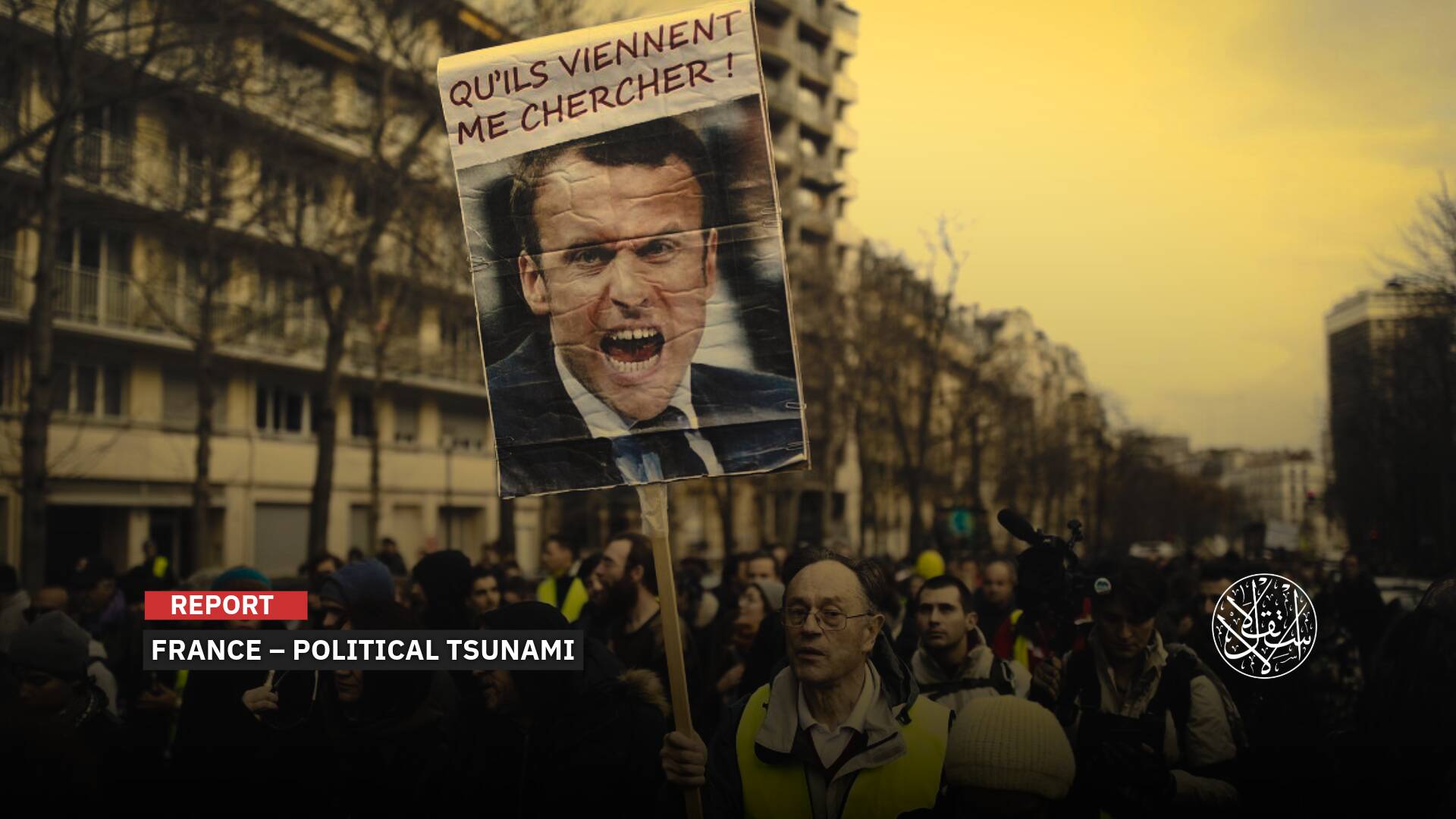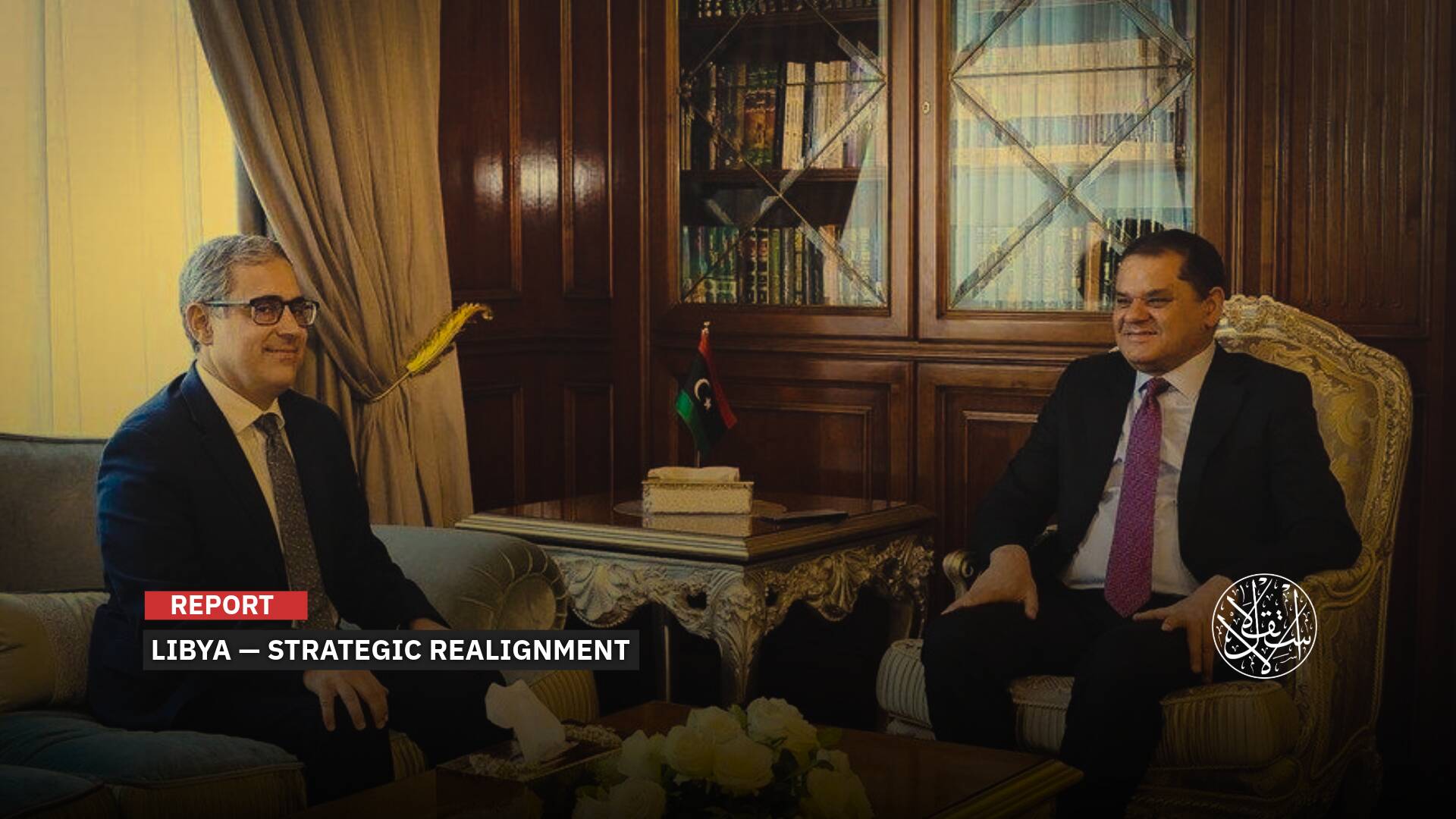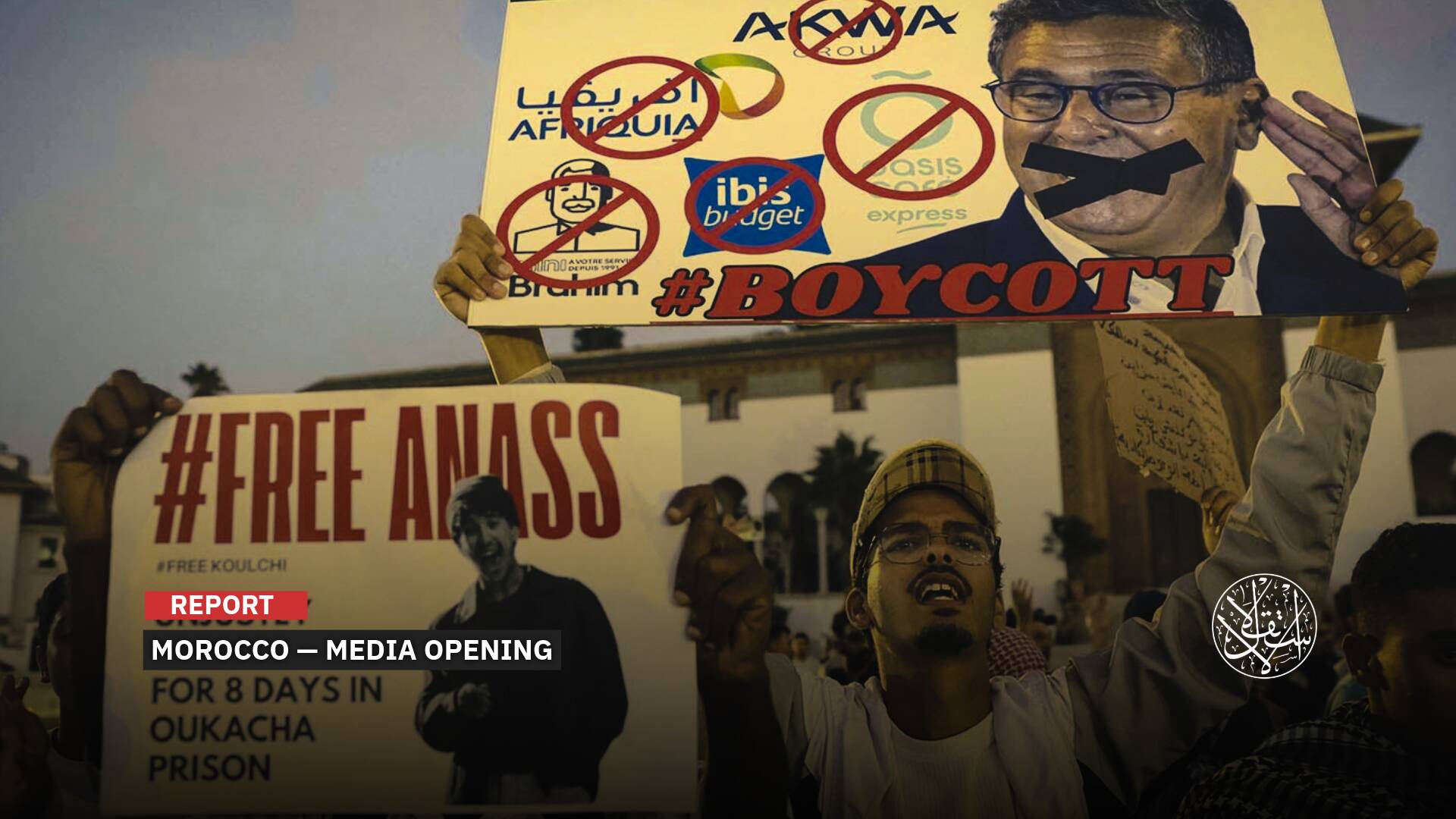This Is How an Audio Clip Exposed the Corruption of the Iranian Revolutionary Guard’s Generals

A big debate in Iran was sparked by a leaked 50-minute audio clip, revealing the corruption of a number of prominent political and military figures inside and outside the Revolutionary Guards, especially Parliament Speaker Mohammad Bagher Ghalibaf.
Meanwhile, questions were raised whether the leaks would topple these officials, led by Ghalibaf, and the head of the Revolutionary Guards' intelligence service, Hossein Taeb, who is behind the leak? and what are the reasons behind?
The audio clip also mentioned other leaks that were circulated in recent months and targeted a number of important profiles.
Among the most prominent of these leaks, were statements attributed to former Iranian Foreign Minister Mohammad Javad Zarif on April 26, 2021, in which he criticized the role of the former commander of the Iranian Quds Force in the Revolutionary Guards, Qasem Soleimani, which caused an uproar in the country.
Infusion Details
The new audio clip was published by the Persian Radio, Farda, on February 11, 2022, dating back to 2018, in which the former commander of the Revolutionary Guard, Mohammad Ali Jafari (2007 - 2019), and the economic assistant to the Guard at that time, Sadeq Zolqadrnia, speak about the corruption of several institutions linked to the Guard.
The leaked conversation shows a direct role in the corruption of Intelligence Chief Hossein Taeb, Parliament Speaker Ghalibaf, who was then the mayor of Tehran, in addition to Qasem Soleimani, and the deputy coordinator of the guard at the time, Jamal al-Din Abromand.
The leak referred to the role of the current Speaker of Parliament in the corruption of the Yas Holding Company affiliated with the Quds Force, where General Sadeq Zolqadrnia said during the conversation that “Ghalibaf asked him to sign a memorandum of understanding worth eight thousand billion Iranian tomans (about $200 million) to settle this file of corruption.”
Zolqadrnia explained that he “tried to use Ghalibaf's influence to close the corruption case in the Yas Holding Company, while the head of the Revolutionary Guards' intelligence service, Hossein Taeb, supported Ghalibaf's position.”
On the other hand, Zolqadrnia stated that “Qasem Soleimani [before his assassination] was uncomfortable with the investigation of the deputy coordinator of the Revolutionary Guards at the time, Jamal al-Din Abromand, and the people named in the corruption file, and that he spoke to Iranian leader Ali Khamenei in this regard.”
Zolqadrnia said, “Khamenei instructed that the purpose of Yas Holding's activities is to provide financial support to the Quds Force, and that 90 percent of financial resources should be allocated to Quds Force activities.”
The Yas Economic Development Group, known as “Yas Holdings,” was acting as a parent organization for the Revolutionary Guards' Cooperative Corporation (an economic arm), and it was also reported that the group had already played the role of the Quds Force's treasury.
Yas Holding was dissolved in 1996 after an extensive investigation into corruption that led to the arrest of some of its executives, including Issa Sharifi, who is close to Ghalibaf and served as deputy mayor of Tehran during Ghalibaf's tenure.
A military court sentenced Sharifi to 20 years in prison in March 2021; For his role in a multi-million dollar corruption case. The other defendant, Mahmoud Seif, was sentenced to 30 years in prison by the same court.

'Enemy Plot'
Despite the great controversy raised by the audio leak, press and political figures close to the Iranian leader, Ali Khamenei, and affiliated with the conservative movement, defended Parliament Speaker Mohammad Ghalibaf, as well as with the Revolutionary Guards in an attempt to clear their name.
Commenting on the audio leak, Hossein Shariatmadari, editor-in-chief of Khamenei's Kayhan newspaper, confirmed that there was corruption in the Iranian Revolutionary Guard Corps.
But Shariatmadari added in an article published by the newspaper on February 13, 2022, that the case witnessed an investigation and conviction of the accused in court. A Revolutionary Guards spokesman also denied Qasem Soleimani's role in corruption.
In his attempt to acquit the Revolutionary Guards, Shariatmadari referred to the case of Issa Sharifi, the assistant mayor of Tehran during the Qalibaf period, and wrote that “Jaafari, the commander of the Iranian Revolutionary Guards at the time, issued after hearing the report and verifying its accuracy (corruption), an order to dismiss Sharifi—the convicted—and bring it to court.”
Shariatmadari's allegations come at a time when the commander of the Revolutionary Guards, at the time, was not legally authorized to dismiss Sharifi because of his position in the municipality.
While part of the leak accused Ghalibaf of corruption, Shariatmadari defended him fully, writing, holding Sharifi fully responsible, that “Qalibaf cleverly transferred his assistant from abroad to Iran and arranged for his arrest.”
The Fars News Agency of the Revolutionary Guards also defended Ghalibaf, Jaafari, and Soleimani in an article titled “The Truth of the Audio Leak” published on February 14, 2022, and wrote that “Mahmoud Seif and Issa Sharifi, the main defendants in the case, were tried and convicted after the actions that Senior Iranian Revolutionary Guards officials had taken.”
“The important point in this case is the efforts of the leaders of the Iranian Revolutionary Guard, including Jafari, Soleimani and Ghalibaf, to clarify the violations and bring the perpetrators to justice,” Fares added.
Meanwhile, Abdullah Kenji, editor-in-chief of Hamshahri newspaper, in an article on February 14, denied the role of Ghalibaf and Jaafari in the corruption of the guard, writing: “According to what the imam said, a corrupt person can be in any category, including the Revolutionary Guards and the clergy, and like the toilet next to the mosque, but people see the mosque.”
In the same context, Iranian websites reported statements by Mujtaba Tuanker, a member of Parliament’s Economic Committee, on February 14, in which he described the leaking of the audio file as an “enemy’s plot” against the Revolutionary Guards and Ghalibaf, saying: “These violations were investigated explicitly in the supervisory authorities.”

'The End of Ghalibaf'
The famous Iranian journalist, Sabâ Azar Bigdeli, confirmed that “if this file reaches the Supreme Leader, it will be the end of Parliament Speaker Ghalibaf.”
The Iranian journalist added on Twitter on February 12, 2022, that “it will also be the end of several other people mentioned in this file.”
In the same vein, former deputy and leader of the reformist movement, Mahmoud Sadeghi, commented on Twitter: “Corruption in the audio file is another example of structural corruption.”
Sadeghi added that referring the case to a military court and considering the verdicts secret, and as a result, revealing its dimensions has become a pretext for a power struggle, indicating weakness in the decisive battle against corruption.
Reformist activist Abbas Abdi also wrote sarcastically on February 12: “I thought that no one would go to the mosque during the dawn prayer, but it seems that some people still go, even though they have other things to do there.”
On February 12, the Iranian newspaper, Shargh, asked whether the new leak was a “disclosure or leakage of information”, and pointed in this context to two prominent examples of similar internal leaks.
The first is for the former Foreign Minister, Mohammad Javad Zarif, who sparked widespread controversy in April 2021, and another in January 2022, which returns to publish the details of the 200-page report of Saeed Jalili, advisor to the Iranian leader in the Supreme National Security Council.
In reference to the impact of the leaked recording on the possibility of Zarif's presence in the last presidential elections, the newspaper called for tracking the impact of the leak.
It wrote in this regard: “The published content of the conversation will direct accusations against anyone, and indirectly exonerate any individual.”
Sources
- Disclosure of General Jafari's secret meeting on corruption and mafia relations at the highest levels of the IRGC [Persan]
- Two Iranian parliamentarians describe the audio leak of the Revolutionary Guards commanders as 'intrusion' and an 'enemy conspiracy' [Arabic]
- The authenticity of the published audio was confirmed by a meeting of the former IRGC commander [Persan]
- 'Iran's Guard' admits the corruption of its generals, amid a wave of ridicule [Arabic]
- Al-Murshed newspaper admits the authenticity of the audio leak and the corruption of the Iranian Revolutionary Guards [Arabic]
- Iran: New details in the audio leak case about 'Corruption of the Revolutionary Guards' [Arabic]
- A leaked recording of a secret meeting between the leaders of the Revolutionary Guards is causing an uproar in Iran [Arabic]
- 'Disclosure' of corruption by the 'Revolutionary Guards' mobilizes the Iranian parliament [Arabic]


